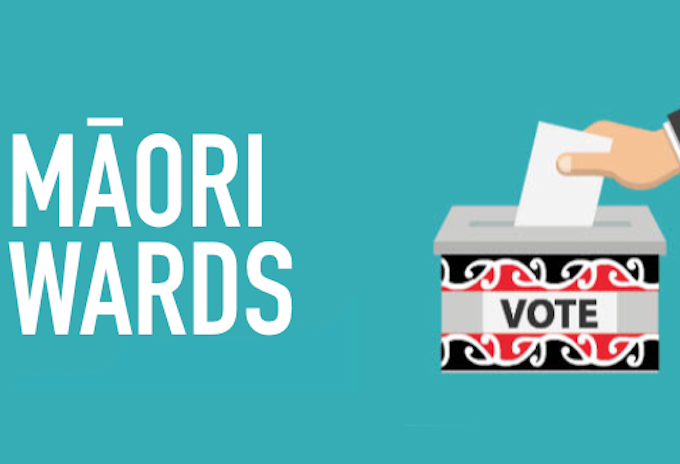
COMMENTARY: By Gerard Otto of G News
Of 42 referendums, 17 voted to retain Māori Wards in Aotearoa New Zealand’s local elections yesterday, which suggests something about where we are at as a nation — but you already knew that right?
We all know that it’s only recently that we’ve been attempting to teach New Zealand history in our schools.
As a consequence few people understand it — and even less understand Te Tiriti, and our obligations to it — and things like “active protection” not being based on race, but being based on a constitutional foundation which protects the interests of our indigenous.
- READ MORE: ‘Doesn’t feel like election day’: South Aucklanders cast final votes amid low local election turnout
- Ken Laban makes history as Pasifika candidates win across Aotearoa
- Māori wards, candidates voted down across Taranaki in NZ local elections
They are not just the same as some other minority.
There’s a special status to this and we would like to think we can independently maintain it in a so called “liberal democracy” but, as you know, the guardrails are shaky and under neoliberal attack.
We know Education Minister Erica Stanford is working with Atlas plants and one-eyed folk to dilute that effort, and we know history and social sciences are under attack under this government.
They pull the funding for the humanities. That’s the fact.
Not always equitable
While the electoral system may be formally equal (one person, one vote), it does not always lead to equitable outcomes for groups with distinct cultural, historical, and political status — such as Māori.
You try to talk fairness to your average rightwing, under-educated Act voter and they will tell you about fairness based on their own victimhood and “equality” not “equity”.
While Māori are guaranteed representation through the Māori electoral roll at the national level — Māori seats in Parliament — Māori wards are the local government equivalent to me.
Without Māori wards, Māori communities often lack meaningful say in local decisions affecting their lands, resources, and wellbeing, especially given the legacy of colonisation and ongoing disparities.
Nobody at Hobson’s Pledge cares much about that because it does not effect them. Self interest is their bottom line.
Without dedicated representation, Māori voices are often sidelined or overruled as we all have seen, many times and here we go again — as Code Brown is rife in Auckland and celebrations begin with no real mandate after such a low turnout.
Code Brown will tell you otherwise that these results are all about the public voting for “doing a good job” and not “just a pretty face” but in reality it’s about disconnection and the cost of living crisis and double digit rates increases in 18 councils, and who bothers to vote?
Many new mayors
In 18 councils which gave ratepayers a double digit rate increase, 13 elected new mayors — just like that!
Overall, out of 66 mayoral races, 31 councils elected a new mayor
Māori wards ensure there are elected representatives directly accountable to Māori constituents, strengthening democracy, but we’ve seen the erosion of it under this government.
We have all seen how they are pushing all things Māori backwards in a dedicated ideological push to clear the way for foreign investment — and that’s the battle.
Act picked up 10 candidates — but much of that is about who votes, and rather than a swing to the right it’s about rates and low turnout.
Ratepayers tend to get out and vote more than renters, according to Code Brown as we stare at voter turnout in 2025 which appears significantly down compared to 2022 in major cities.
Auckland dropped from about 35.5 percent to about 23 percent. Wellington dropped from 45 percent to around 36 percent. Christchurch also dropped, though somewhat less sharply — and while that’s preliminary, it’s a statement.
Nationwide turnout drops
Overall, the nationwide turnout is looking lower — around 36 percent preliminary results for the 2025 local elections, and offical counts will be known on Friday, October 17.
So in the end, we need to vote out the central government which gave us upward pressure on rates with unaffordable water infrastructure reform — while trying to blame councils — attacked Māori on many fronts; and eroded progress towards a proper constitutional transformation .
After a recent byelection and now this result — there’s a message to people who do not vote . . . and it’s about the outcomes. You either vote or you get screwed.
I’m sure you already can see the need as some suggest voting should be compulsory like in Australia – and we all saw the gerrymandering by Prime Minister Christopher Luxon and Justice Minister Paul Goldsmith about enrolment dates.
Gerard Otto is a digital creator and independent commentator on politics and the media through his G News column and video reports. Republished with permission.









































